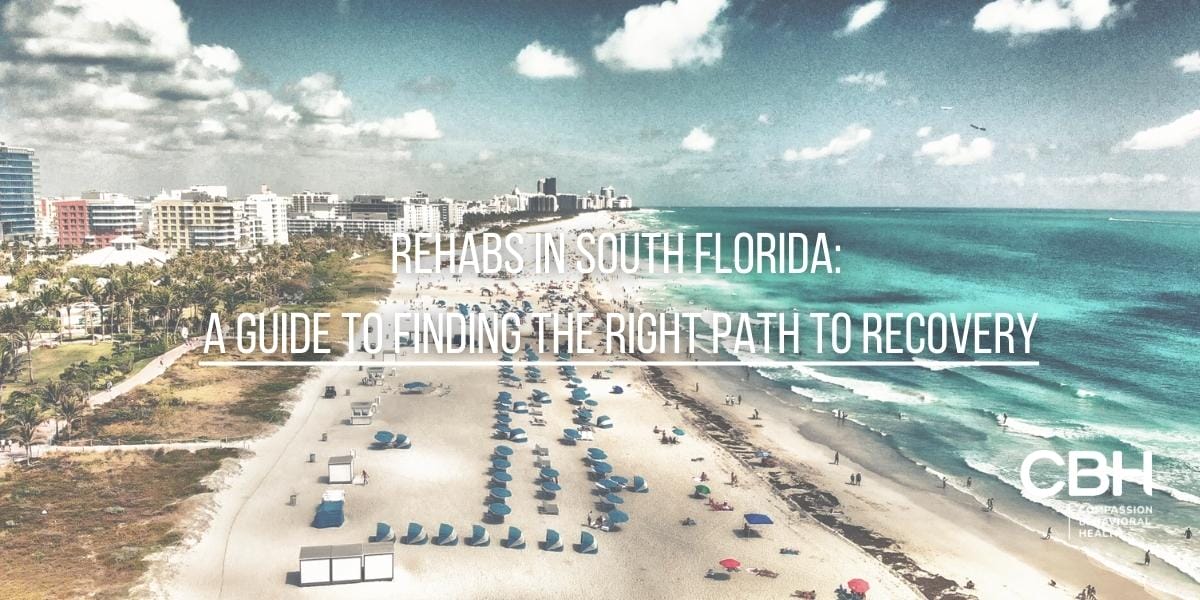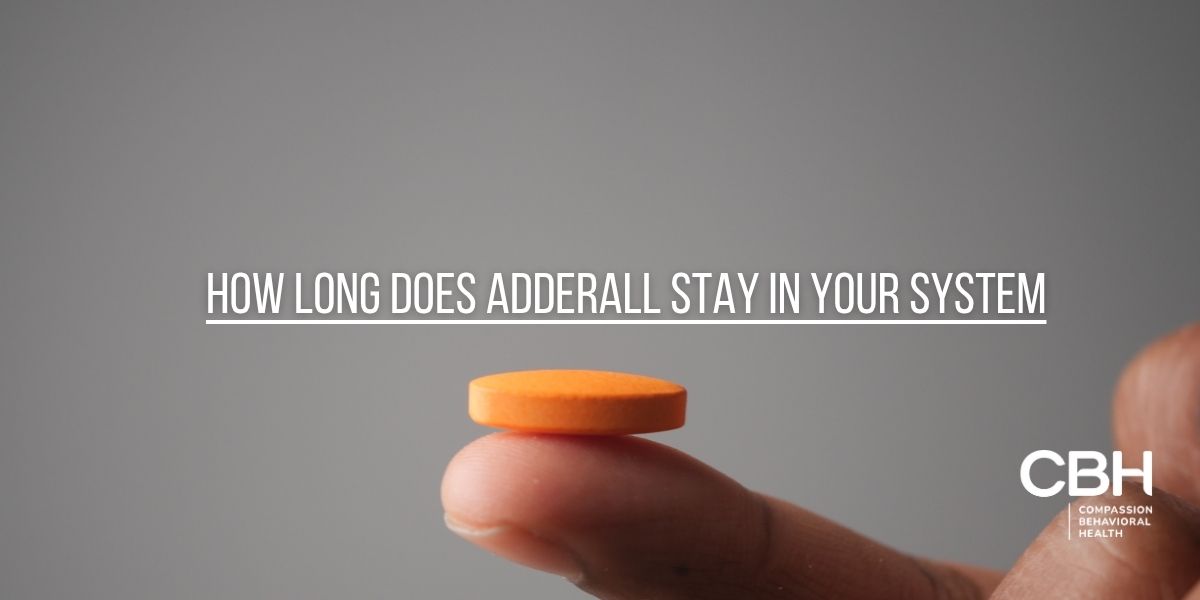Post-Traumatic Stress Disorder (PTSD) is a mental health condition that can significantly impact a person’s daily life. It is often triggered by a traumatic event, such as experiencing or witnessing a life-threatening event, natural disaster, or military combat. Individuals with PTSD may experience a range of symptoms, including flashbacks, nightmares, severe anxiety, and emotional distress. Unfortunately, many people who suffer from PTSD also turn to alcohol as a coping mechanism, further complicating their condition.
PTSD and Alcohol – Understanding PTSD: Causes and Symptoms
PTSD is a complex disorder that can have various causes and symptoms. It occurs when the brain’s normal response to stress becomes impaired after a traumatic event. The symptoms of PTSD can vary from person to person, but common triggers include reminders of the traumatic event, such as loud noises, certain smells, or specific locations. People with PTSD may experience intense fear, anger, or sadness when exposed to these triggers.
It’s important to note that not everyone who experiences a traumatic event will develop PTSD. Factors such as a person’s previous mental health history, level of support, and the severity of the trauma can all influence the likelihood of developing the disorder.
What is PTSD?
PTSD, or Post-Traumatic Stress Disorder, is a mental health condition that can develop after experiencing or witnessing a traumatic event. It is characterized by symptoms such as intrusive thoughts or memories, hyperarousal, and avoidance of triggers. These symptoms can persist for months or even years after the traumatic event, significantly impacting a person’s daily life.
Common Triggers and Symptoms of PTSD
PTSD can be triggered by various events, including military combat, accidents, natural disasters, or physical or sexual assault. Some common symptoms of PTSD include:
- Flashbacks or nightmares related to the traumatic event
- Severe anxiety or panic attacks
- Feeling on edge or easily startled
- Avoidance of reminders of the traumatic event
- Difficulty sleeping or concentrating
It’s essential for individuals experiencing these symptoms to seek professional help to properly manage their condition.
When it comes to understanding the causes of PTSD, it is important to recognize that trauma affects individuals in different ways. While some people may develop PTSD after a single traumatic event, others may experience cumulative trauma over time, leading to the development of the disorder. Additionally, the severity of the trauma can play a significant role in the likelihood of developing PTSD.
One important factor to consider is a person’s previous mental health history. Individuals who have a history of anxiety, depression, or other mental health conditions may be more susceptible to developing PTSD after a traumatic event. This is because their baseline level of stress and vulnerability may already be higher than those without pre-existing mental health conditions.
Another crucial aspect to consider is the level of support available to individuals following a traumatic event. Having a strong support system, whether it be friends, family, or mental health professionals, can greatly impact a person’s ability to cope with and recover from trauma. Supportive relationships can provide comfort, understanding, and validation, which are essential for healing and resilience.
Furthermore, the nature of the traumatic event itself can influence the development of PTSD. Events that involve physical harm, the threat of death, or sexual violence are more likely to result in the development of PTSD. These types of traumas can deeply impact a person’s sense of safety and trust in the world, making it more challenging to recover and move forward.
It is also important to recognize that PTSD is not solely limited to individuals who have experienced traumas directly. Secondary trauma, also known as vicarious trauma, can occur in individuals who have been exposed to traumatic events indirectly, such as first responders, healthcare professionals, or family members of trauma survivors. Witnessing or hearing about traumatic events can have a profound impact on mental health and well-being.
The Relationship Between PTSD and Alcohol Abuse
There is a significant correlation between PTSD and substance abuse, particularly alcohol use. Many people with PTSD turn to alcohol as a form of self-medication, attempting to numb the emotional pain and distress caused by their traumatic experiences.
Why Do People with PTSD Turn to Alcohol?
People with PTSD may turn to alcohol as a way to cope with the distressing symptoms they experience. Alcohol can provide temporary relief from anxiety, sleep disturbances, and intrusive thoughts or memories. However, using alcohol as a coping mechanism can lead to a dangerous cycle of dependence and worsen the symptoms of both disorders.
Statistics on PTSD and Alcohol Use
Research has shown that individuals with PTSD are more likely to have alcohol use disorder (AUD) compared to those without PTSD. In fact, studies have found that up to one-third of people with PTSD also struggle with AUD. These statistics highlight the need for comprehensive treatment strategies for individuals dealing with both conditions.
The Impact of Alcohol on PTSD Symptoms
While alcohol may provide temporary relief, it can ultimately exacerbate the symptoms of PTSD and hinder recovery progress.
How Alcohol Can Exacerbate PTSD Symptoms
Alcohol is a central nervous system depressant that can interfere with the brain’s ability to process emotions and memories properly. As a result, alcohol use can intensify the severity and frequency of PTSD symptoms, including flashbacks, nightmares, and anxiety. Additionally, alcohol can impair judgment, increase aggression, and negatively impact relationships, further complicating the individual’s overall well-being.
The Cycle of Alcohol Dependence and PTSD
PTSD and alcohol dependence can quickly become intertwined, forming a vicious cycle that is difficult to break. The individual may rely on alcohol to alleviate their PTSD symptoms, but this dependence can lead to increased distress and exacerbation of both conditions. Breaking this cycle requires a comprehensive treatment approach that addresses the underlying issues and provides effective coping strategies.
Treatment Options for Co-Occurring PTSD and Alcohol Use Disorder
When treating co-occurring PTSD and alcohol use disorder, it is essential to address both conditions simultaneously. A combination of therapy, counseling, and medication can be effective in helping individuals manage these co-occurring disorders and improve their overall well-being.
Therapy and Counseling Approaches
Therapy approaches such as cognitive-behavioral therapy (CBT) and eye movement desensitization and reprocessing (EMDR) can be beneficial in managing both PTSD and alcohol use disorder. These approaches aim to help individuals develop healthier coping mechanisms for stress and trauma while teaching skills to manage cravings and triggers associated with alcohol use.
Medication and Medical Treatments
In some cases, medication may be prescribed to manage symptoms of PTSD and alcohol use disorder. Antidepressants, such as selective serotonin reuptake inhibitors (SSRIs), can help alleviate symptoms of depression and anxiety. Medications that reduce alcohol cravings or deter alcohol consumption, such as naltrexone, may also be considered as part of the treatment plan.
Personal Stories and Case Studies
Personal stories and case studies can provide valuable insight into the experiences of individuals living with PTSD and alcohol use disorder. These narratives offer hope and inspiration to others who may be facing similar challenges.
Overcoming PTSD and Alcohol Use: A Survivor’s Story
One survivor’s journey illustrates the strength and resilience it takes to overcome the challenges posed by PTSD and alcohol use disorder. Through a combination of therapy, support, and a strong commitment to personal growth, the survivor was able to rebuild their life and find renewed purpose.
The Journey to Recovery: A Case Study
A case study delves deeper into the complexities of treating co-occurring PTSD and alcohol use disorder. The study examines the various treatment modalities implemented, the challenges faced, and the ultimate success achieved in improving the individual’s quality of life.
By understanding the complex link between PTSD and alcohol use disorder, we can develop more effective treatment strategies and support systems for individuals battling both conditions. It’s crucial to address these issues with compassion, empathy, and a comprehensive approach to foster healing and recovery. Compassion Behavioral Health is a Nationally Recognized treatment center located in Hollywood, Florida, offering true dual-diagnosis, evidence-based treatment for patients suffering from substance use disorder and co-occuring mental health issues. (844) 503-0126



